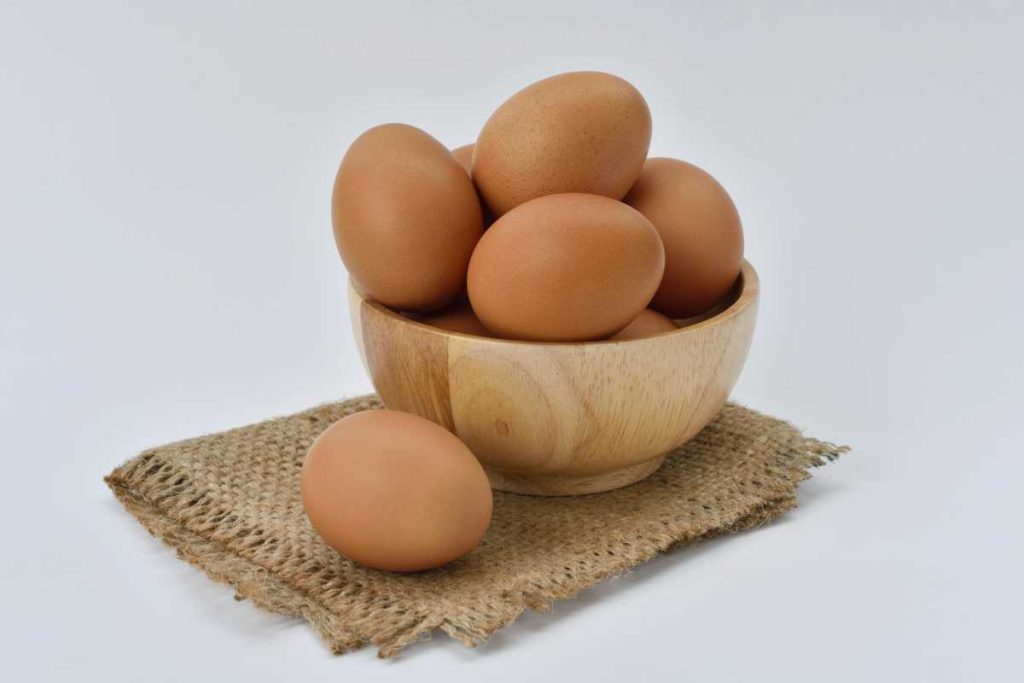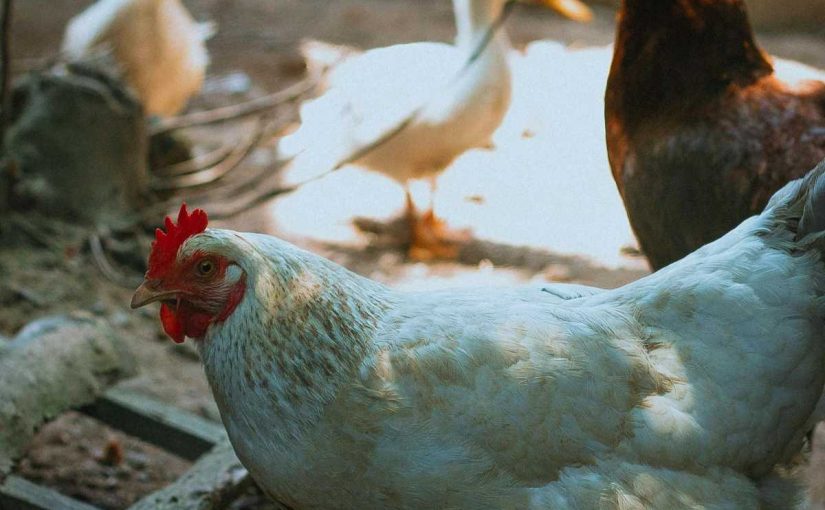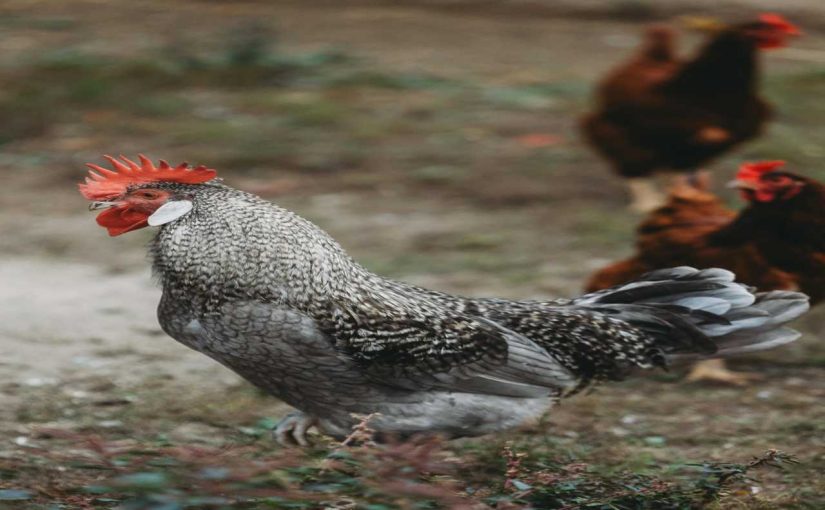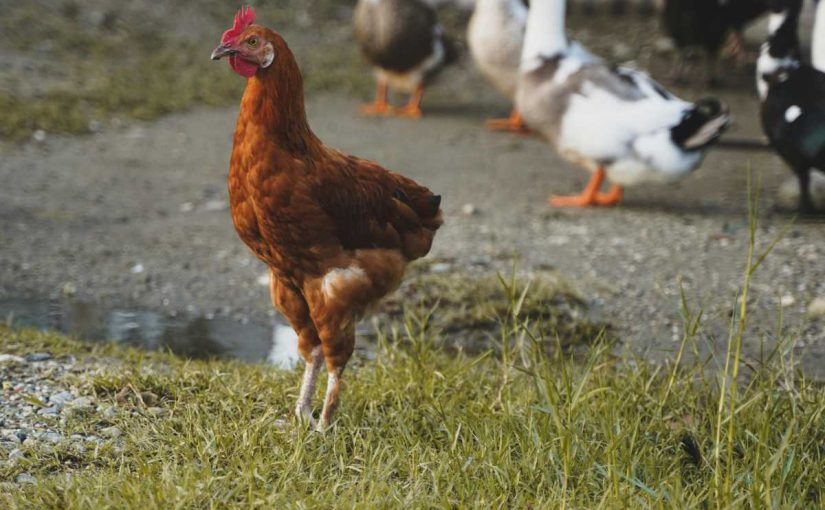A sudden drop in egg production can be concerning for any poultry keeper. Whether you rely on your chickens for fresh eggs or simply enjoy raising them, understanding why your hens have stopped laying is crucial for their health and your peace of mind. Here are nine common reasons why chickens may stop laying eggs, along with solutions to help get them back on track.
1. Age of the Chickens
Impact of Age on Egg Production
As chickens age, their egg production naturally declines. Hens typically lay the most eggs during their first two years of life.
What to Look For
- Production Drop: If your hens are older than two years, a decrease in egg production may be expected.
- Replacement Layers: Consider adding younger hens to your flock to maintain egg production levels.
2. Seasonal Changes
Influence of Seasons on Laying
Chickens are influenced by daylight hours, which can affect their laying cycle. During the winter months, shorter days can lead to decreased egg production.
What to Do
- Artificial Lighting: To counteract reduced daylight, consider using artificial lights in the coop. Aim for 14-16 hours of light each day during the winter months to encourage consistent laying.
- Monitor Behavior: Observe if your chickens are still active and healthy during the winter, as this can also impact laying.
3. Stress Factors
How Stress Affects Egg Production
Chickens can be sensitive creatures, and various stressors can lead to a halt in egg production. Stressors can include changes in the environment, handling, or flock dynamics.
Identifying Stressors
- Environmental Changes: Changes like a new coop, introduction of new flock members, or changes in feed can stress hens.
- Social Stress: Pecking order disputes can also stress chickens, particularly if new birds have been added to the flock.
What to Do
- Minimize Stressors: Identify and minimize stressors in their environment. Keep their living conditions stable and secure.
- Provide Hiding Spots: Include hiding spots in the coop for hens to escape bullying or aggressive behaviors.
4. Health Issues
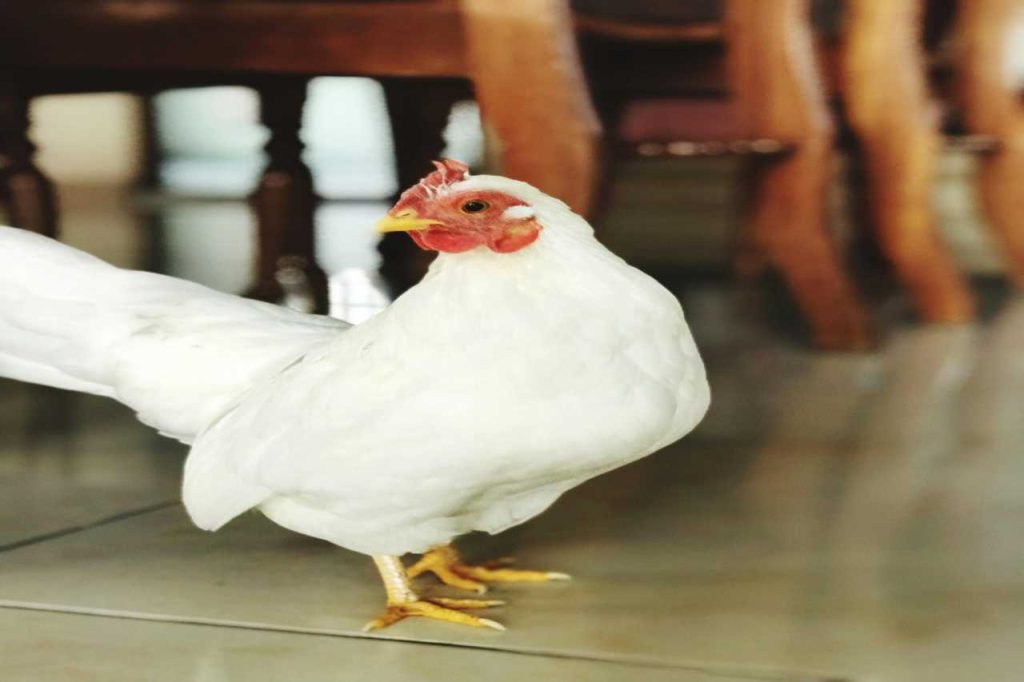
Health Concerns that Affect Laying
Various health problems can lead to a decrease in egg production. Common issues include diseases, parasites, or internal problems.
Signs of Illness
- Behavior Changes: Look for signs of illness such as lethargy, changes in eating habits, or abnormal droppings.
- Check for Parasites: Regularly check for signs of mites, worms, or other parasites that can affect their health.
What to Do
- Consult a Veterinarian: If you notice any concerning symptoms, consult a veterinarian for a thorough examination and treatment options.
- Regular Health Checks: Schedule regular health checks for your flock to catch potential issues early.
5. Nutritional Deficiencies
Importance of Nutrition for Egg Production
Proper nutrition is vital for maintaining egg production. Nutritional deficiencies can lead to lower egg yields or even stop production altogether.
Common Nutritional Needs
- Calcium: Chickens need adequate calcium for strong eggshells. Lack of calcium can lead to soft-shelled or no eggs.
- Protein: A high-protein diet supports egg production. Ensure your hens are getting enough protein from their feed.
What to Do
- High-Quality Feed: Provide a balanced diet specifically formulated for laying hens. Look for feed that contains at least 16% protein and added calcium.
- Supplementation: Offer calcium supplements such as crushed oyster shells or limestone to ensure adequate intake.
6. Molting Period
Understanding the Molting Process
Molting is a natural process where chickens shed old feathers and grow new ones. During this time, hens often stop laying eggs.
Recognizing Molting
- Feather Loss: Look for signs of feather loss, particularly around the neck and tail.
- Behavior Changes: Hens may appear more lethargic and spend more time preening during molting.
What to Do
- Patience: Understand that molting is temporary. Provide extra nutrition and care during this time to support their recovery.
- Reduce Stress: Keep their environment calm and stable during the molting process to minimize stress.
7. Egg-Laying Conditions
Optimal Conditions for Laying
Chickens require specific conditions to lay eggs consistently. Factors such as temperature, nesting areas, and cleanliness can impact laying.
Identifying Poor Conditions
- Nesting Boxes: Ensure that nesting boxes are comfortable, clean, and private.
- Temperature: Extreme temperatures (either hot or cold) can affect laying.
What to Do
- Comfortable Nesting Areas: Provide clean and comfortable nesting boxes, ideally filled with straw or wood shavings.
- Climate Control: If necessary, consider adding ventilation or heating to the coop to maintain comfortable temperatures.
8. Overbreeding or Excessive Handling
Impact of Overbreeding
If hens are constantly handled or overbred, they may experience stress, leading to a decline in egg production.
Signs of Overbreeding
- Behavior Changes: Look for signs of distress or aggression among your hens.
- Physical Condition: Overbreeding can lead to physical strain, affecting overall health.
What to Do
- Limit Handling: Minimize excessive handling or disturbances in the coop, particularly during the laying season.
- Monitor Breeding Practices: Ensure that roosters are not overbreeding hens, as this can lead to exhaustion.
9. Genetics and Breed Differences
Understanding Genetic Factors
Different breeds of chickens have varying laying capacities. Some breeds are more prolific layers than others, while some may have lower egg production due to genetic factors.
Identifying Breed Traits
- Research Breeds: Familiarize yourself with the specific breed traits of your chickens. Some breeds may naturally lay fewer eggs.
- Diversity in Flock: Consider diversifying your flock with breeds known for higher egg production if consistent laying is a priority.
What to Do
- Evaluate Breeds: If your hens are not performing as expected, evaluate if their genetic traits align with your egg-laying goals.
- Consider Future Breeding: When expanding your flock, choose breeds known for their prolific egg-laying capabilities.
Conclusion
If your chickens have stopped laying eggs, it’s essential to identify the root cause to implement the right solutions. Whether it’s due to age, health issues, environmental factors, or other reasons, understanding these common factors can help you restore your flock’s productivity. Regular monitoring and adjustments to their care will lead to happier, healthier hens and a more consistent supply of eggs. By addressing these issues thoughtfully, you can continue to enjoy the rewarding experience of raising chickens and collecting fresh eggs from your own backyard.

